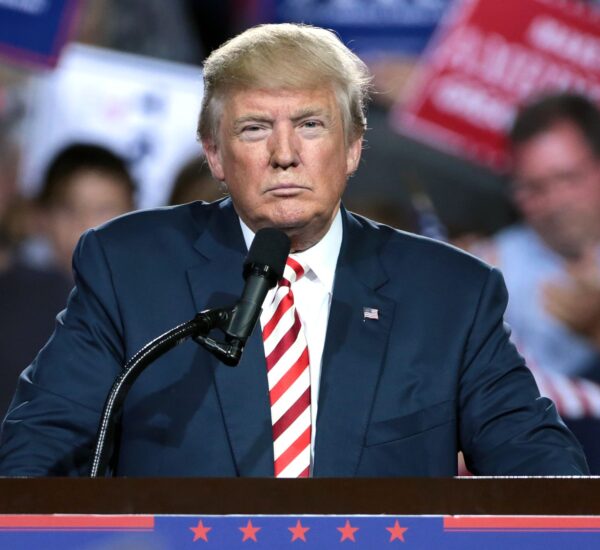Things Get Much Worse For Kamala
The recent actions of the “Abandon Harris” group highlight a growing dissatisfaction among certain voters, particularly in the Muslim-American community, towards the Biden administration’s handling of the Israel-Hamas conflict. Initially known as “Abandon Biden,” the group is now advocating for Jill Stein of the Green Party in the upcoming presidential election.
This coalition is urging voters who are disillusioned by Vice President Harris and President Biden to consider a third-party option. They assert that it is essential for Americans to actively oppose oppression and to use their votes as a powerful tool against what they perceive as injustice. In their endorsement, they emphasize the importance of raising awareness about the ongoing violence and the humanitarian crisis unfolding in Gaza.
While Stein’s candidacy is unlikely to gain significant traction—she is not on the ballot in multiple states and is polling at around 1%—her presence in the race could still disrupt the dynamics between the two main contenders, Harris and former President Trump. With the stakes so high in battleground states where every vote counts, Stein’s campaign might siphon off crucial votes that could otherwise support Harris.
The Democratic Party has previously expressed concerns about the Green Party’s influence, especially in the context of the 2016 election when Stein’s candidacy was viewed as detrimental to Hillary Clinton’s campaign. In light of recent polling data indicating a shift among Arab American voters towards Trump, the Abandon Harris movement represents a serious challenge to Harris’s appeal within this demographic.
As the group reflects on the anniversary of the Hamas attacks, their message underscores a stark choice for voters: they feel both major candidates fail to adequately address the complexities of the conflict and advocate for meaningful change. Stein has committed to ending military support for Israel, a stance that resonates with those advocating for a re-evaluation of U.S. foreign policy.
In this critical election year, the conversation around foreign policy and domestic priorities will undoubtedly shape the strategies of both parties, and how each candidate responds could determine their fate at the polls.






